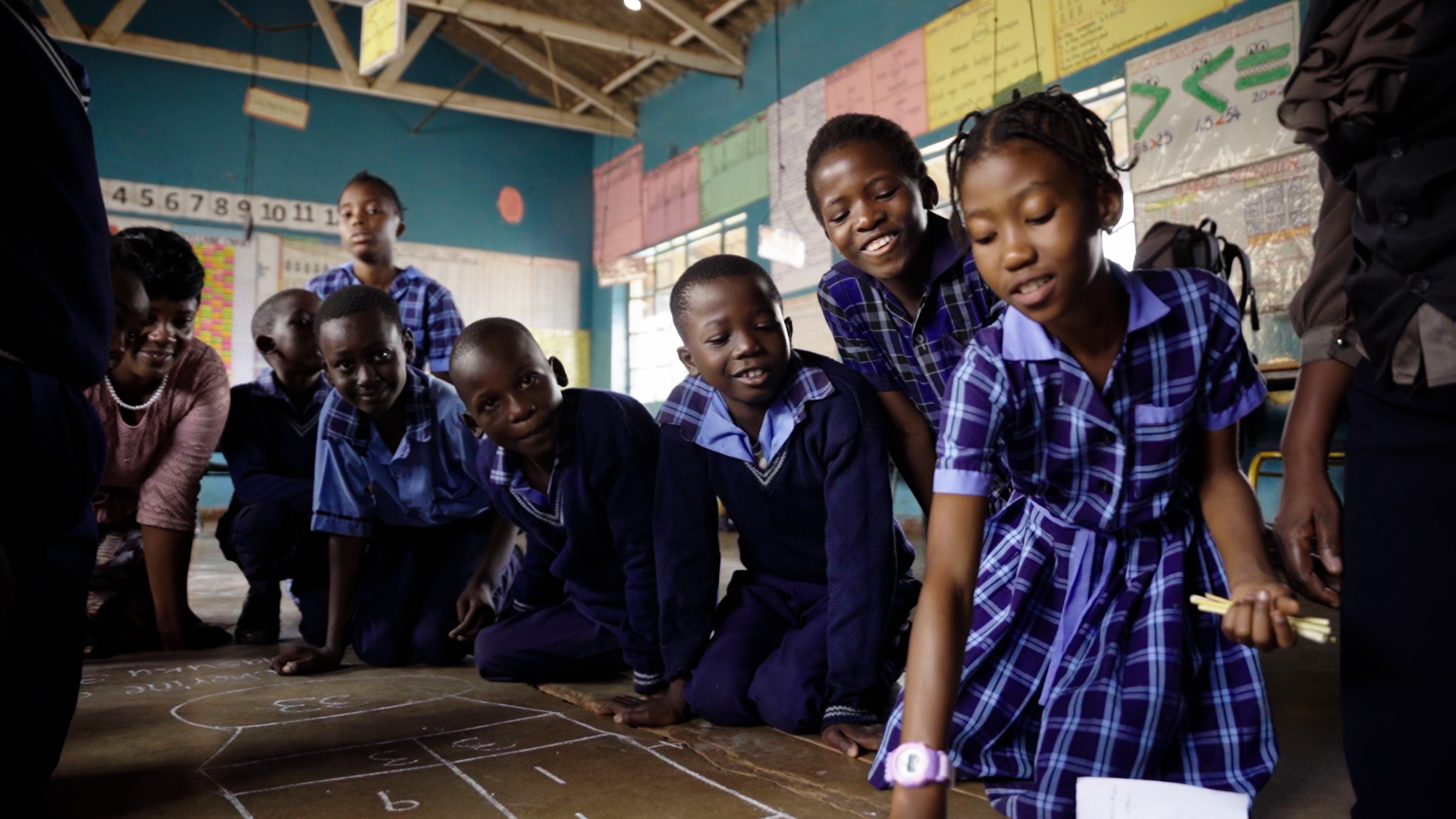Launch of the Continental Assessment Framework - Advancing harmonized learning assessment across the continent
Launch of the Continental Assessment Framework - Advancing harmonized learning assessment across the continent

By Adoumtar Noubatour, Coordinator AU-IPED, Sophia Ashipala, AUC-Head of Education Division and Michael Chilala, Chief Executive Officer of the Examinations Council of Zambia (ECZ), and Executive Secretary, Association for Educational Assessment in Africa (AEAA)
Education remains the cornerstone of Africa’s development and a central driver of the aspirations of Agenda 2063, the Continental Education Strategy for Africa 2016-2025, 2026-2035 (CESA 16-25, 26-35), and the global commitment to Sustainable Development Goal 4. While significant progress has been
achieved in expanding access, a persistent challenge has been the absence of reliable, comparable, and harmonized learning data across African countries.
Although many Member States conduct national assessments, and regional initiatives such as the Programme for the Analysis of Education Systems of the Conference of Ministers of Education of French-speaking Countries (PASEC) and the Southern and Eastern Africa Consortium for Monitoring Educational
Quality (SEACMEQ) have provided important insights, these efforts remain fragmented and the data generated does not adhere to a common framework to allow for comparability across regions. This lack of a continental framework undermines the ability of the African Union (AU), its Agencies and governments to track progress consistently, hold systems accountable, and allocate resources effectively. The result is that investments in education risk being made without a clear evidence base.
Responding to a continental call
Grounded by evidence from the Spotlight Series, which shed light on the scale and urgency of the learning challenge, African Union Member States, during the 2023 meeting of the Specialized Technical Committee on Education, Science and Technology (STC-ESTI), recommended the establishment of a
harmonized continental mechanism for assessing learning.
Working through the AU’s Leveraging Education Analysis for Results Network (LEARN), the Association for Educational Assessment in Africa (AEAA), in partnership with the Global Education Monitoring Report, the UNESCO Institute for Statistics, and the Association for the Development of Education in
Africa (ADEA), developed the Continental Assessment Framework for Africa (CAF-Africa), in direct response to the need to close the data gap.
Core features of CAF-Africa
The CAF-Africa establishes:
- Continental proficiency benchmarks in mathematics and reading at Grades 3, 6, and 9;
- A standardized methodological framework for generating robust and comparable data;
- Mechanisms for capacity development to strengthen national and regional assessment systems;
- Tools for policy alignment, enabling evidence-based decision-making and resource allocation.
By embedding comparability and harmonization within national systems, CAF-Africa will support Member States to meet their reporting obligations under SDG 4, CESA 16-25 and CESA 26-25, while also facilitating peer learning and accountability at the continental level.
The official launch of CAF-Africa at the Pan African Conference on Teachers Education (PACTED 2025) in Addis Ababa on October 1 st constitutes a landmark in the continent’s education agenda. It signals both political will and technical readiness to establish a coherent system for monitoring learning outcomes across Africa.
Importantly, CAF-Africa goes beyond establishing standards. It is designed to address structural constraints faced by many national assessments, including issues of sustainability, external dependency, and weak integration into national education systems. By doing so, it ensures that learning data
becomes an integral component of education planning, monitoring, and evaluation.
Harnessing the Power of LEARN
CAF-Africa is directly aligned with the vision of the Leveraging Education Analysis for Results Network (LEARN), which was established by the AU to promote peer learning, evidence generation, and common action among Member States. It represents a turning point: the move from fragmented initiatives to a coherent, African-led framework that puts learning at the center of education systems.
The CAF is not an endpoint, but a starting point—a practical tool to help countries shape their own assessment systems while contributing to a collective continental effort. For some, this will mean benchmarking the CAF against existing curricula and assessment practices; for others, it will serve as a
foundation for creating their first national framework, rooted in local languages, contexts, and priorities. AEAA’s leadership, backed by targeted training and capacity building, will be essential to ensure the CAF translates into stronger national systems and, ultimately, better learning for children.
At the continental level, coordination between AEAA and AU-IPED, coupled with systematic reporting and peer learning, will ensure that progress is shared and challenges are addressed collectively. Partnerships with Africa’s regional assessments—PASEC and SEACMEQ—will strengthen alignment and reinforce Africa’s ability to speak with one voice on learning. By anchoring CAF-Africa in LEARN’s vision, the continent is laying the foundation for accountability, coherence, and continuous improvement. Above all, it affirms a simple truth: every child in Africa is born to learn, and the Decade of Education must ensure that every child’s learning is measured, valued, and nurtured.
Access the CAF Documents Here








